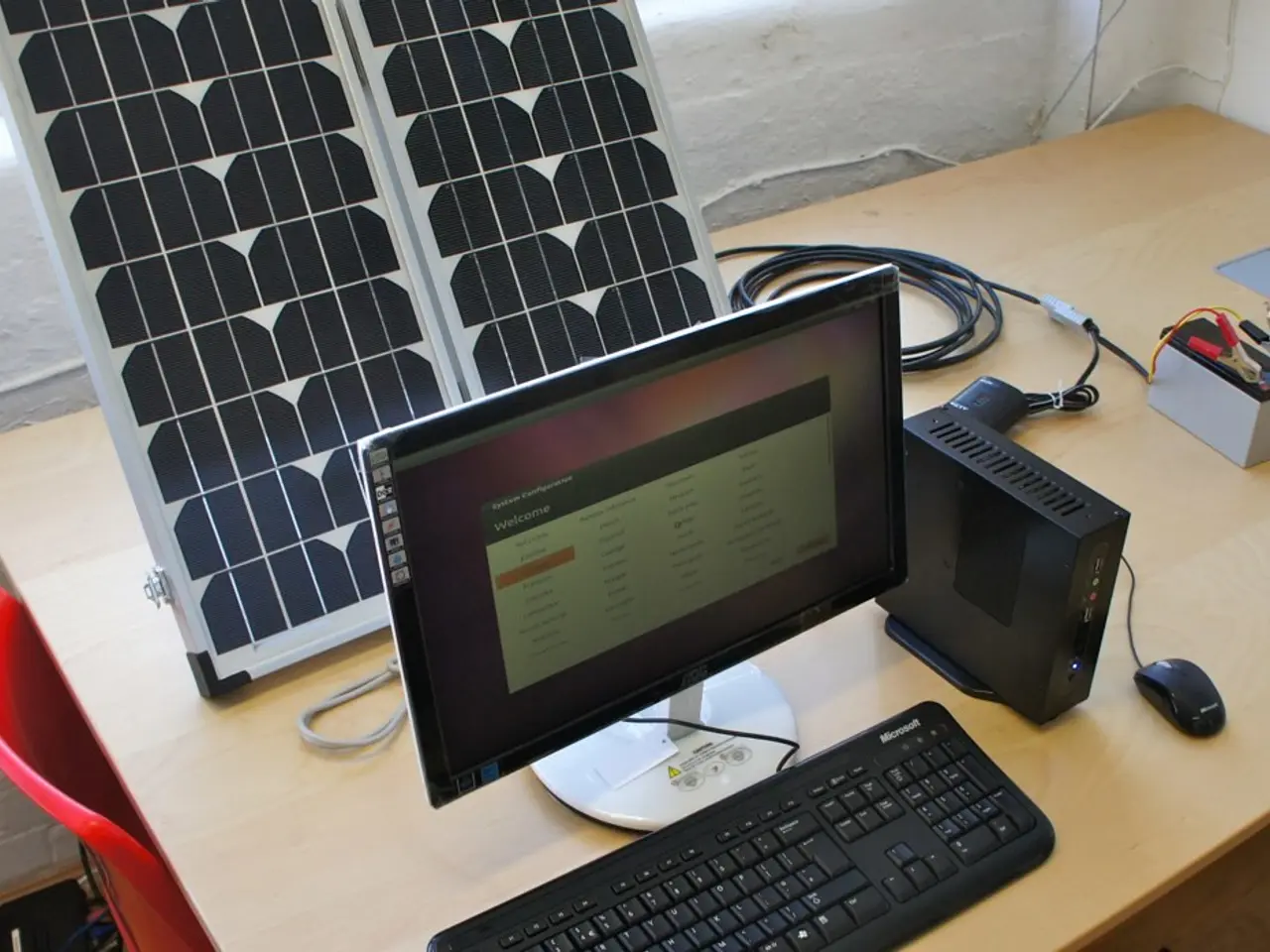Duration of Solar Panel Lifespan
Solar panels have become an increasingly popular choice for homeowners looking to reduce their carbon footprint and save on energy bills. But how long do these panels last, and what factors affect their lifespan and efficiency?
Firstly, it's important to note that solar panels typically last between 25 to 30 years, with some high-quality panels lasting up to 30-35 years while still producing useful electricity. However, several factors can influence their lifespan and efficiency.
The type and quality of solar panels play a significant role. Monocrystalline panels, known for their durability and efficiency, have an average degradation rate of around 0.5% per year, allowing them to maintain about 85-86% efficiency after 30 years. On the other hand, polycrystalline and thin-film panels degrade faster and may last only 10-20 years in the case of thin-film.
Environmental conditions also impact solar panels' lifespan and efficiency. Exposure to harsh weather such as strong winds, hail, snow, dust, and saltwater corrosion (especially near marine environments) can reduce lifespan and efficiency. High temperatures can temporarily reduce efficiency by about 0.3% for each degree Celsius above 25°C but do not generally cause permanent damage unless extreme heat is sustained.
The quality of installation is crucial for solar panel longevity. Proper mounting and correct angling protect panels from physical damage and optimise sunlight capture, affecting both longevity and performance. Regular cleaning to remove dirt, dust, and debris prevents power losses, and neglect can lead to accelerated degradation.
Over time, solar panels experience degradation, meaning they produce less electricity from the same amount of sunlight. The typical annual degradation rate for good quality panels ranges from 0.5% to 0.8%, so after 20-30 years, panels may produce roughly 70-85% of their original capacity.
In summary, while the standard lifespan is around 25-30 years, panels can continue to generate electricity beyond this period but at reduced efficiency. Lifespan and efficiency depend strongly on panel type, environment, installation, and maintenance.
To make solar panels last longer, choosing the right panels and the right installer, especially for areas with extreme temperatures and weather, is key. Regular cleaning and inspections of solar panels help ensure optimal performance and prevent issues like microcracks. A decline in solar panel performance doesn't immediately suggest a need for replacement, but it might be prudent to earmark funds for future upgrades.
Inverters and batteries, supporting components of solar energy systems, have shorter lifespans compared to solar panels. Regular maintenance of these parts is essential for the overall efficiency and longevity of the system. Solar panels are incredibly resilient, providing decades of reliable use even beyond their useful life.
The quality of solar panel installation is crucial for their longevity, with secure mounting and proper angle for maximum sunlight exposure being key factors. Comprehensive warranties provide an extra layer of assurance for solar panel systems, guaranteeing their productivity and reliability.
Many top-tier manufacturers and installers offer warranties for 25 years or more. For example, 8MSolar offers an industry-leading 25-year, 92% guaranteed output warranty. Excessive heat can reduce solar panel efficiency, but most modern panels are designed to perform well in high temperatures.
The materials and craftsmanship used in manufacturing solar panels play a role in their longevity. High-quality panels perform better and degrade at a slower rate. While most solar panels are tested to resist hail and heavy winds, consistent exposure to extreme weather can shorten their lifespan.
Solar panels in colder climates may experience additional stress due to snow and ice accumulation, though proper installation can reduce this. The durability of solar panels has seen positive enhancements in recent years, with older versions potentially wearing out quicker than current standards.
In conclusion, with the right care and maintenance, solar panels can provide homeowners with reliable, cost-effective, and environmentally friendly energy solutions for decades to come.
- Solar panels, known for their durability and efficiency, typically last between 25 to 30 years and can even continue producing electricity beyond.
- The type and quality of solar panels significantly affect their lifespan and efficiency, with monocrystalline panels having a lower degradation rate than polycrystalline and thin-film panels.
- Environmental conditions and weather can impact solar panels' lifespan, with hail, saltwater corrosion, and high temperatures temporarily reducing efficiency.
- Proper installation and maintenance, such as regular cleaning and inspections, are vital to maintaining solar panel efficiency and longevity.
- Inverters and batteries have shorter lifespans than solar panels and require regular maintenance for the system's overall efficiency.
- With advancements in technology and materials, the durability of solar panels has improved, making them resilient to weather and providing decades of reliable use.




